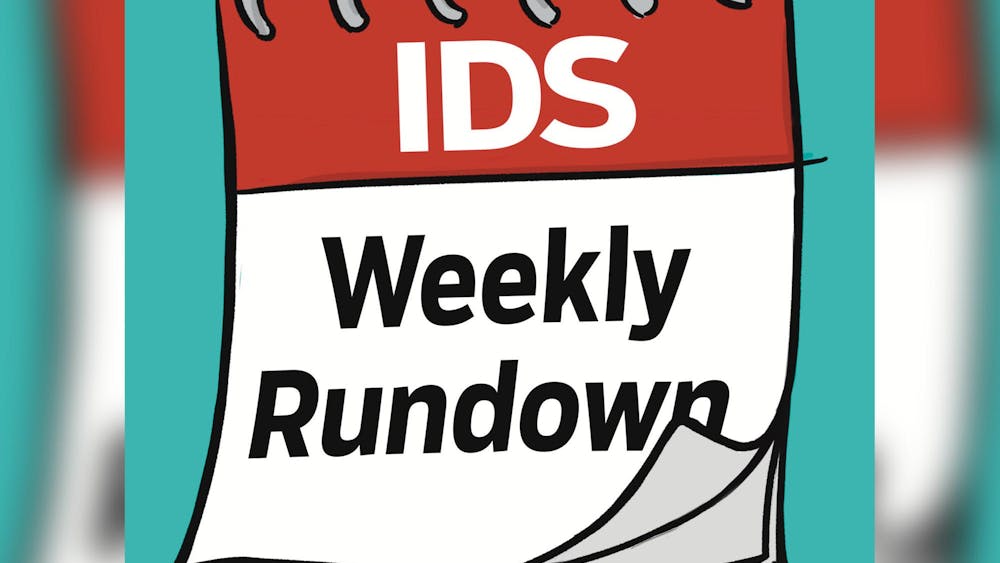Thursday, the Monroe County Library celebrated Black History Month with a program on the late African-American boxing legend, Joe Louis (1914-1981). The program featured William Wiggins, professor emeritus of African American and African Diaspora Studies. Wiggins discussed the life and times of Joe Louis, and why his image has appeared in countless books, movies, poems and various types of music.\nWiggins said Louis is widely regarded as one of the greatest fighters of all time. He was the heavyweight champion of the world from 1937 to 1949, defending his title 25 times. It was his extreme prowess in the ring and success as a man enabling him to become an American icon.\n"Many felt that if Joe Louis didn't give up and fought back, that they could too," said Wiggins.\n In addition to being a symbol of prosperity, Louis stood for freedom and democracy, serving in the army During World War II. The army put out promotional films featuring Louis, and Louis fought in exhibition fights for the troops.\nTwo of Louis' most famous fights featured Max Schmeling, who was a member of the Nazi party. In the first fight, Schmeling knocked Louis out in 12 rounds, an inferior fighter who was able to exploit Louis' tendency to telegraph his right hook. The second fight against Schmeling was a much different story, with Louis knocking Schmeling out in a then record 1:49. His victory was a major blow to Adolf Hitler's Aryan racial superiority theories.\nWiggins said when he was a child, he and his family and friends gathered around the radio to listen to the second Schmeling fight.\n"My mother had me run over to the neighbor's to get more chairs, and by the time I got back everybody was jumping up and down and cheering," he said.\nWiggins discussed Louis being part of the big three with Jessie Owens and Jackie Robinson. All three were very important in breaking down racial barriers, Wiggins said. Wiggins also emphasized they were truly heroes, representing the people and not being caught up in individual glory.\nWiggins also talked about Louis' Indiana connections. Louis, on many occasions, stayed at historic Wylie Hotel in French Lick, Ind. In addition, Louis owned property in French Lick where he did a large amount of his training. Louis' folk-hero status appears in Hoosier author Kurt Vonnegut's short story, "Displaced Person."\nBloomington resident Bibiana Pipher attended the event last week.\n"I remember riding around in French Lick as a young girl and somebody pointing out Joe Louis' farm," Pipher said.\nResident George Campbell, 87, said he was glad he braved the treacherous weather to see Wiggin's presentation of Louis at the library.\n"I was a vet of World War II, I know about those times," Campbell said.\nProfessor Wiggins who previously authored "Joe Louis: American Folk Hero" will publish a biography of Louis, set to be printed by the University of Illinois press within the next year.\n-- Contact staff writer Ryan Want at rwant@indiana.edu.
Louis program stirs memories
Former IU professor speaks about boxer's impact
Get stories like this in your inbox
Subscribe





